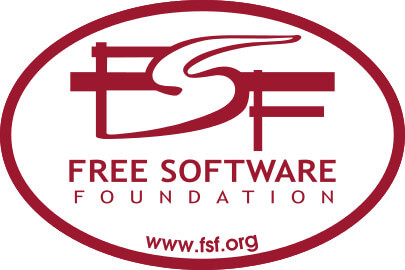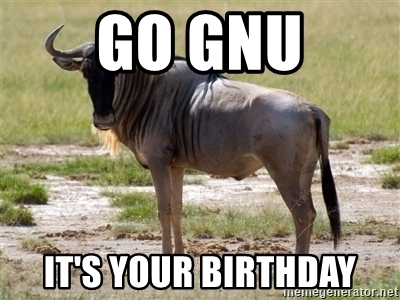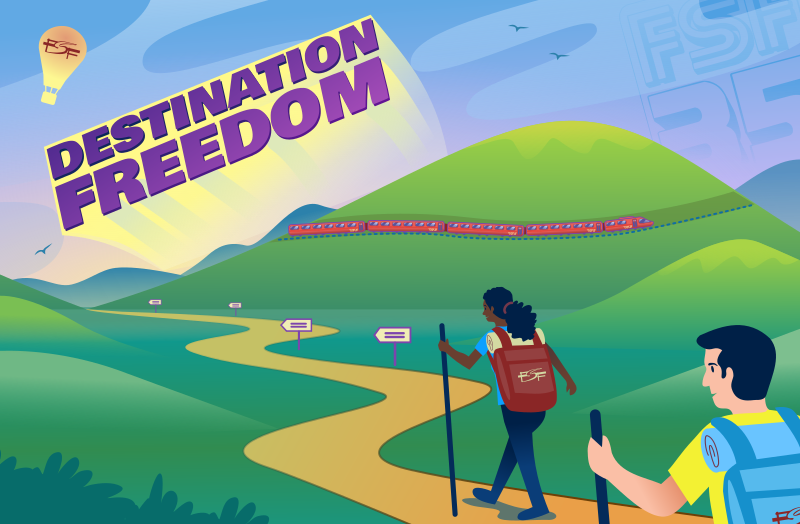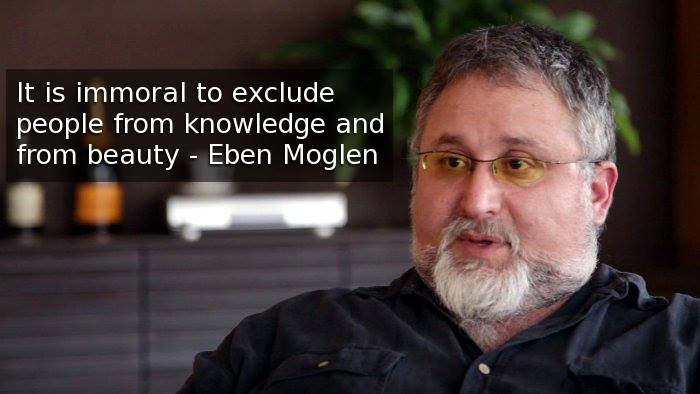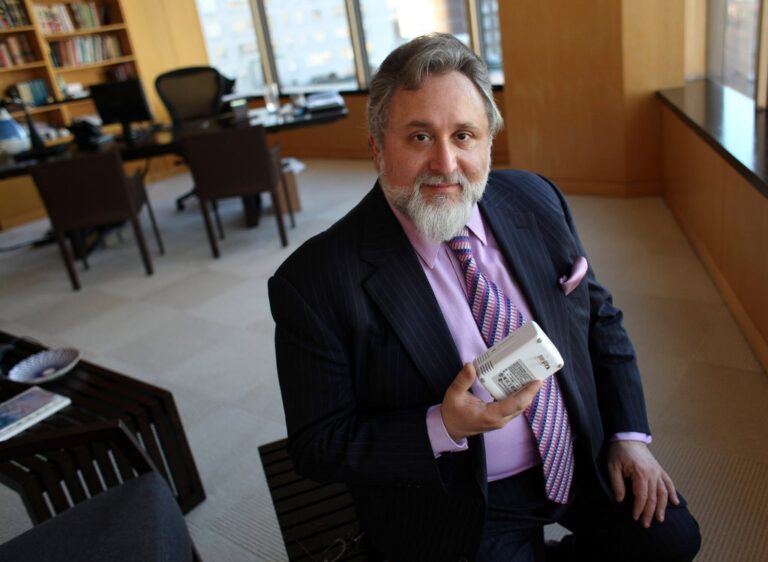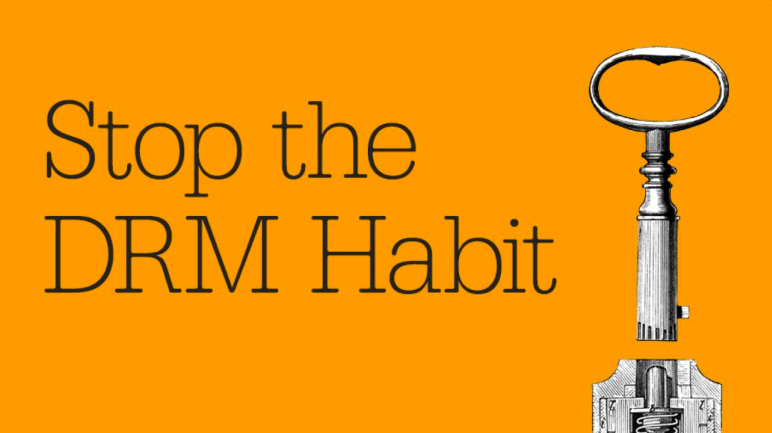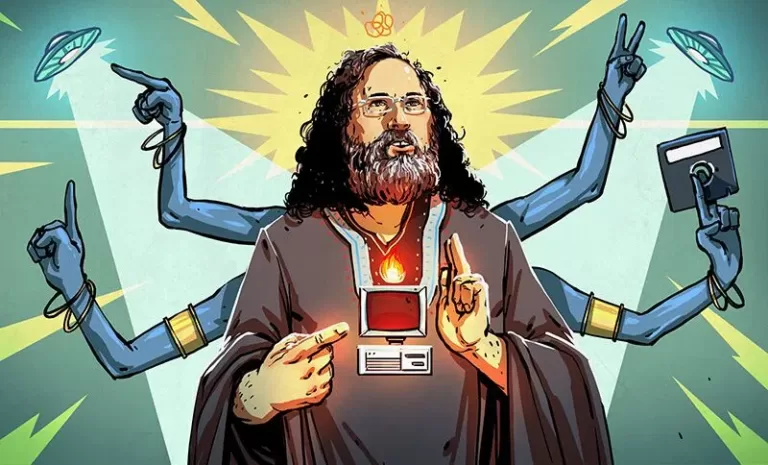Free Software and the Death of Proprietary Culture – Eben Moglen
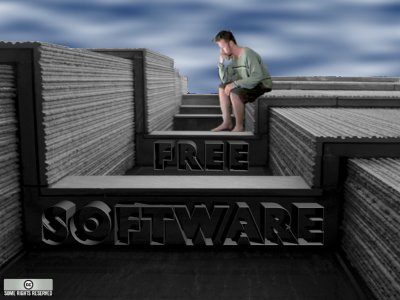
I’ve been thinking about Libre Software and networked learning. I revisited a speech given by Eben Moglen back in 2003. It makes much more sense to read the whole speech but lets look at some of what he said.



